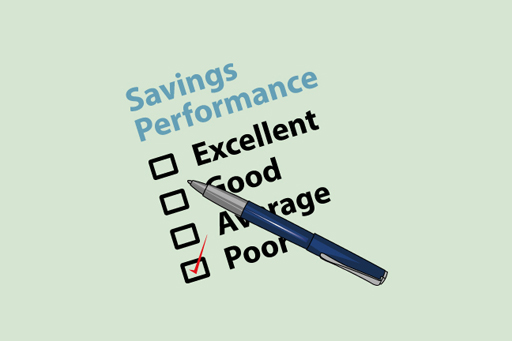1.2.5 Why aren’t we saving and investing more?
There are many factors that may explain weak savings behaviour.
- Falling real incomes – after the 2007/2008 financial crisis there was a period where the real value of earnings fell with wage rises on average being less than the prevailing rate of price inflation. This diminished the scope for surplus income to place in investments. Generally the growth of real incomes for UK households has been low in the decade since the financial crisis and, at the time of writing (in 2020), this is being exacerbated by the impact of the COVID-19 pandemic.
- Poor education – a lack of awareness of products and how to invest may also be impacting on personal investment volumes.
- Delayed benefits of investment – one key behavioural trait when it comes to money is a dislike of delayed rewards. Investing money for the future means forsaking consumption today – and this may deter people from making investments.
- Inertia – while most people know they need to invest for the future to provide for emergencies and a pension, many of us simply don’t get round to doing something about it until we are forced to do so.
- Low returns in recent years – low returns, specifically from savings accounts, may have encouraged many to spend money today rather than save for the future
- Access to debt if there is a need for cash – the continued and widespread availability of personal debt products, albeit some with exorbitant interest charges, may discourage savings. Why save when you can borrow money when needed to cover for a contingency or special occasion?
- The culture of impulse spending rather than impulse saving. Research has shown that adults in the UK spend, on average, £672 a year on impulse purchases. Investing this sum each year over the course of a working life could result in a material enhancement to the pension resources available on retirement.

